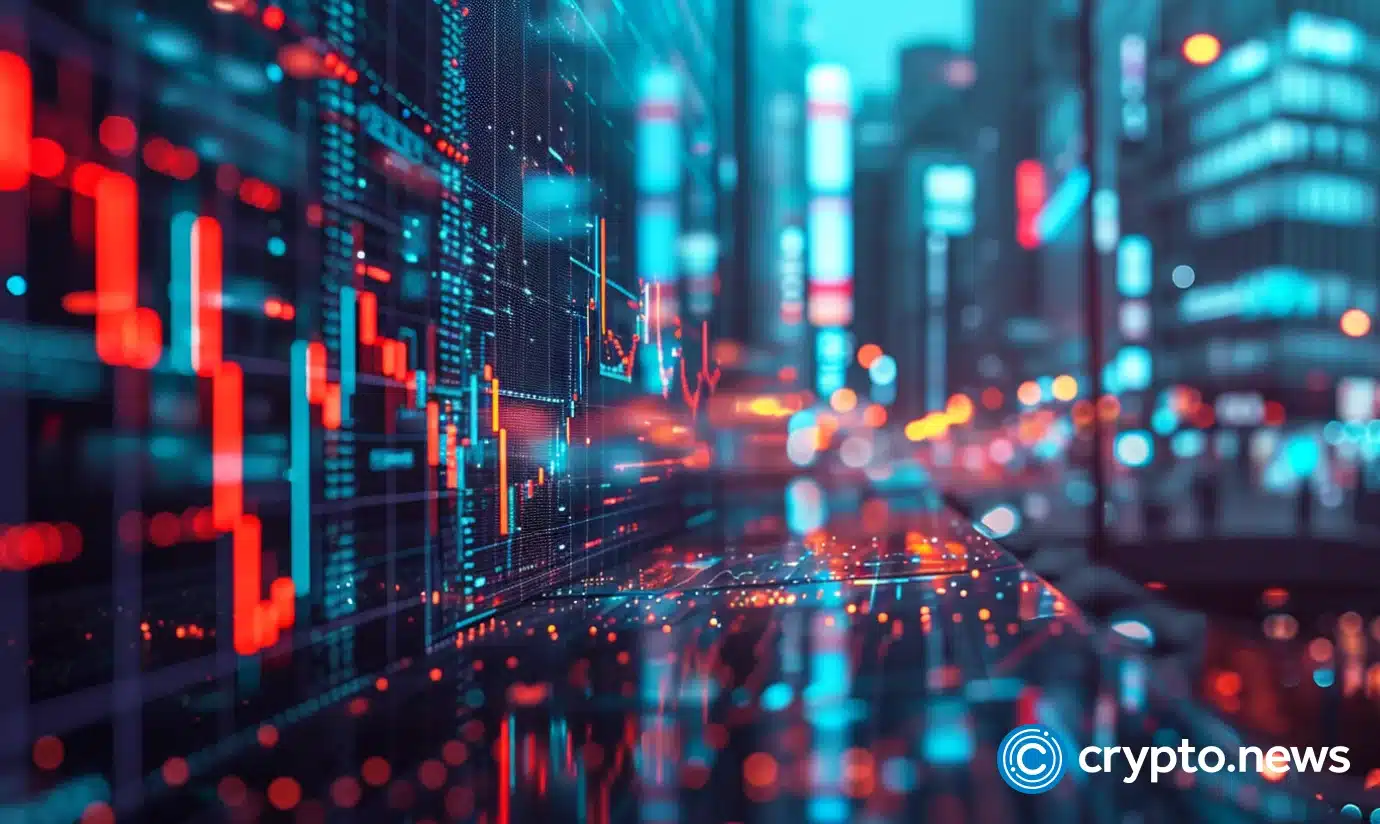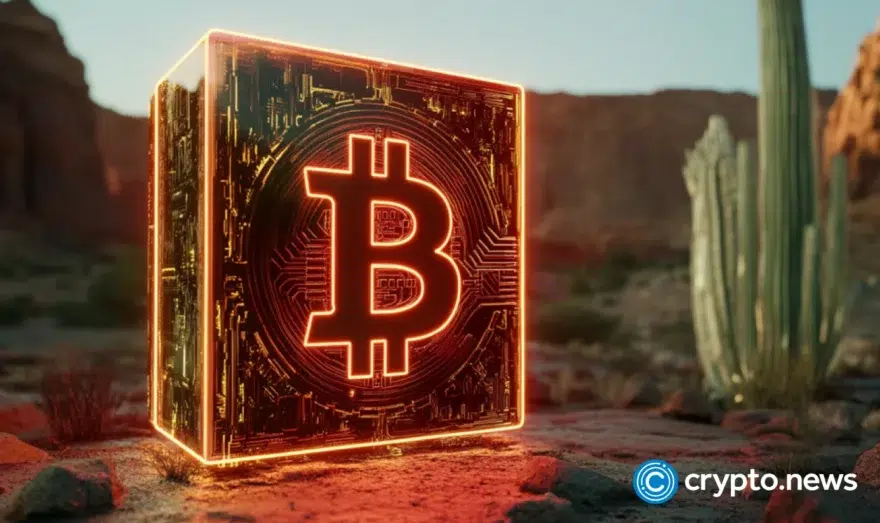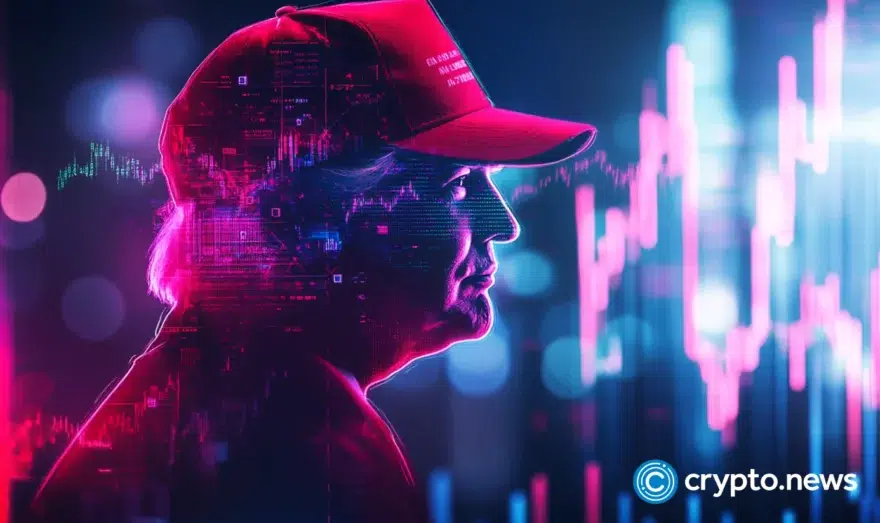Lava network founder discusses RPC protocols and current challenges

In an exclusive sitting with crypto.news, Yair Cleper, CEO and founder of Lava network, discussed the intricacies of the Remote Procedure Call (RPC) protocols and their role in the evolution of blockchain tech.
RPCs are protocols that allow applications to communicate with a blockchain and are, as such, essential for the development of decentralized applications (dApps). Recent challenges with RPC reliability have been a major topic of discussion in the crypto industry.
Lately, RPC disruptions have affected the functioning of major networks like Solana and Manta, resulting in industry-wide calls for better RPC infrastructure.
Cleper’s Lava network has created a platform that connects dapps to the best RPC providers in an effort to address the challenges faced by blockchain networks, uniquely positioning him to offer insights on the subject.
What are some of the key factors contributing to RPC unreliability in various blockchain ecosystems?
The reasons for RPC unreliability depend on which ecosystem you are looking at. On Ethereum, it’s down to centralization, where a couple of major providers support most of the traffic, and if they become unavailable, dapp users cannot connect with Ethereum. However, on most other chains, especially newly launched chains, unreliability is due to the fact that RPC support primarily comes from community members who voluntarily spin up nodes.
Is there a way to address these?
Some basic measures to improve reliability would be to make it easy and obvious for users to switch to another provider if one becomes unavailable. Another option is to promote a diversity of providers so the ecosystem does not become overly reliant on a small handful.
And from your perspective, what are the broader consequences of RPC downtime for dApp developers and their users across the blockchain ecosystem?
If RPC goes down, for a user, this is the same as the blockchain itself going down. We’ve already seen many past outages or congestion issues which have resulted in users not being able to connect to chains. This was particularly obvious on Ethereum during DeFi and NFT summer, where one huge NFT mint would be enough to bring down multiple RPC providers.
Can developers mitigate such risks?
Developers can mitigate these risks by using a decentralized and highly redundant service like Lava, which aggregates multiple RPC providers into one network and has automatic fall-backs in case of provider downtime. Some developers are already using solutions like load-balancers, which can also help.
Recent high-profile RPC outages have highlighted vulnerabilities in the current dapp infrastructure. How does Lava plan to mitigate such risks, ensuring reliability and continuity for users and developers?
Lava is building a network for chains and rollups to easily bootstrap their RPC and API infrastructure through a mechanism called Incentivized Public RPC. We are building Lava with many considerations in mind. The network must be agnostic to support any chain and API. It must be permissionless and can quickly support any in-demand chain and API. It must offer low latency and geolocation-based routing, with requests sent to servers closest to the user. It must be super reliable and highly available. Finally, it should be decentralized, with no single point of control that can prevent someone from accessing the blockchain. This would defeat the point of web3.
Are any chains already implementing this?
Lava already actively works with different chains, including NEAR, Evmos, and Axelar, to bootstrap, optimize and decentralize their infrastructure.
How did you envision the evolution of decentralized data access layers in terms of technology and adoption?
Lava was designed to be highly flexible as a data access layer, and RPC is only the start of the many potential use cases for the network. As blockchains increase in adoption, Lava will support more complex and specialized APIs which can retrieve indexed data specific to a dapp or set of smart contracts. Additionally, today, data access layers are primarily designed for chains to onboard more dapps. However, in the future, dapps will become app-specific rollups; they will become blockchains themselves. This means Lava’s ability to permissionlessly and dynamically support new chains, faster than centralized providers, will become increasingly important.
So will RPC providers play a key role in the evolution of blockchain tech?
Whether you’re a dapp or you’re a rollup developer, RPC is the fundamental infrastructure you need, and only Lava has solutions for both.
















